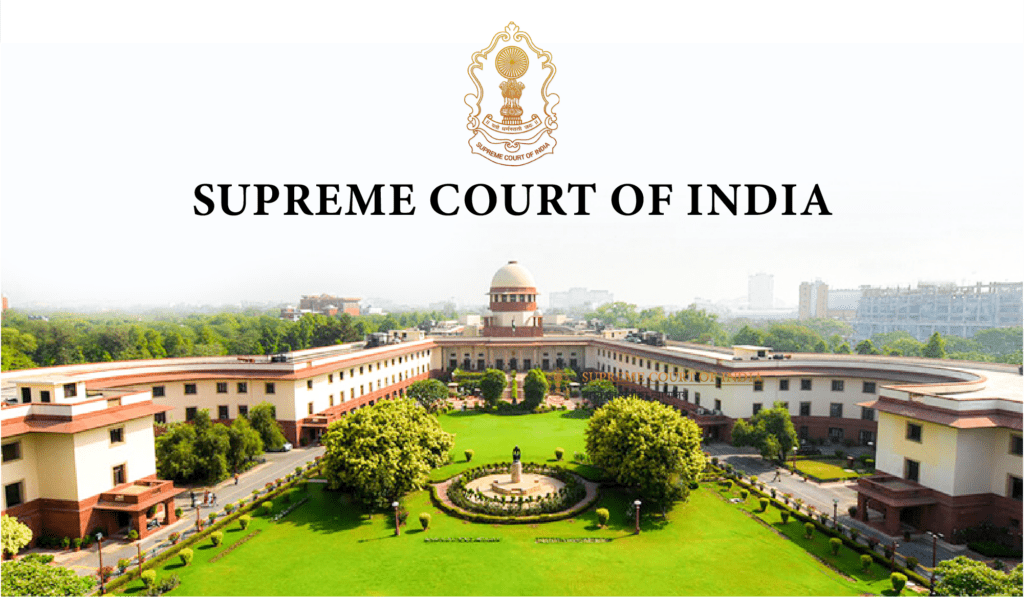
Bail Lawyers In Delhi
Bail is money or, more commonly, a bail bond that is posted for the suspect to allow him or her to remain free until the case is completed. Bail is essentially a financial incentive for a suspect to appear in court; failure to do so results in the forfeiture of your bail money. You’ll also receive an arrest warrant, and you can add bail jumping to your criminal charges.

How to Navigate the Bail Process: A Comprehensive Guide
Being on the other side of the law can be stressful and confusing. Understanding how to navigate the bail process is crucial for securing a timely release from incarceration. This comprehensive guide will walk you through the essentials, from the different types of bail applications to practical tips and necessary documentation. Whether you’re in this situation yourself or helping a loved one, this article is designed to provide clear, actionable information. Ready to dive in? Let’s get started!
Introduction to the Bail Process
The bail process is a legal mechanism that allows an accused person to be released from custody, ensuring they can continue their daily lives while awaiting court proceedings. Bail serves as a financial guarantee that the individual will appear in court on their scheduled dates. Depending on the jurisdiction, the bail process can involve various steps and requirements. Understanding these can make a significant difference in the time and stress involved in obtaining bail.
Understanding Types of Bail Applications
There are several types of bail applications, each suitable for different circumstances. Common types include:
- Session Court Bail: Usually applicable for less severe charges and initially handled in lower courts.
- High Court Bail: Used for more serious offences or when bail has been denied in lower courts.
Knowing which type of bail application to file is crucial for expediting the process and increasing the likelihood of approval.
The Importance of Bail Amount and Bail Bond
The bail amount, set by the court, can vary significantly based on factors such as the nature of the crime, flight risk, and past criminal record. A bail bond is a financial guarantee provided either through cash or a surety company, ensuring the defendant’s appearance in court.
Opting for a bail bond company can be an easier route if the bail amount is substantial. These companies usually require a non-refundable fee, typically around 10% of the bail amount, to post bail on your behalf. Ensuring the correct financial arrangements can save you unnecessary hassle and delays.
Essential Documentation for Bail Applications
Documentation plays a critical role in the bail process. Commonly required documents include:
- Identification proofs (such as passports, driver’s licenses)
- Photographs
- Financial records (if posting cash bail)
Ensuring all necessary documents are in order before filing can significantly speed up the bail process. Incomplete or inaccurate paperwork often leads to delays and extended incarceration.
The Verification Process and Its Impact
Once a bail order is granted, the verification process ensues. This involves checking the validity and authenticity of provided documents. Delays in this stage can occur due to administrative backlogs or incomplete information.
To avoid prolonged detention, ensure all documents are correctly filled out and submitted in a timely manner. Staying in touch with your legal representative can also expedite the verification process, keeping you updated on any additional requirements.
Practical Tips for Navigating the Bail Process
Here are some practical tips to make the bail process smoother:
- Prepare all required documents in advance.
- Maintain open and consistent communication with your legal representative.
- Understand the specific bail requirements of the court handling your case.
- Be patient and remain informed about the procedural aspects of your case.
These tips will help you better manage the complexities of the bail process and reduce the stress associated with it.
Understanding Your Legal Rights and the Importance of Legal Education
Knowing your legal rights is fundamental when navigating the bail process and other legal challenges. Legal education equips you with the knowledge to advocate for yourself effectively. There are numerous resources available online and through legal aid organizations that offer guidance on legal rights and procedures.
Staying informed empowers you to make better decisions and protects you from potential injustices. Never hesitate to seek legal advice when required.
In conclusion, the bail process, while intricate, can be navigated effectively with proper knowledge and preparation. This guide aims to provide a clearer understanding of the steps involved, ensuring a smoother and more expedited release process. Stay patient, stay informed, and always be prepared!
1966 Bail Reform Act
Notably, although the Eighth Amendment prohibits excessive bond, a defendant has no inherent Constitutional right to be offered bail. The Bail Reform Act of 1966, enacted by Congress in 1966, modifies this by granting non-capital defendants a statutory right, absent a Constitutional right, to be released pending trial on his personal recognisance or on personal bond, unless the judicial officer determines that such incentives will not adequately ensure the defendant’s appearance at trial. In this instance, the judge must choose a condition from a catalogue, such as travel restrictions. Individuals who have been charged with a capital offence or who have been convicted and are awaiting sentencing or appeal must be released unless the judicial officer has reason to believe that no conditions will reasonably ensure that the individual will not escape or pose a threat. The Act does not permit a judge to consider a suspect’s threat to the community in non-capital cases; only in capital cases or after conviction is the judge permitted to do so. The 1966 Act was especially criticised in the District of Columbia, where previously all crimes fell under federal parole law. In a number of instances, individuals accused of violent crimes who were released on their own recognisance committed additional crimes. These individuals were frequently re-released. Even in non-capital cases, the Judicial Council committee recommended that a person’s dangerousness be considered when determining release conditions. The District of Columbia Court Reform and Criminal Procedure Act of 1970 permitted justices to consider danger and flight risk when setting bail for non-capital cases.
